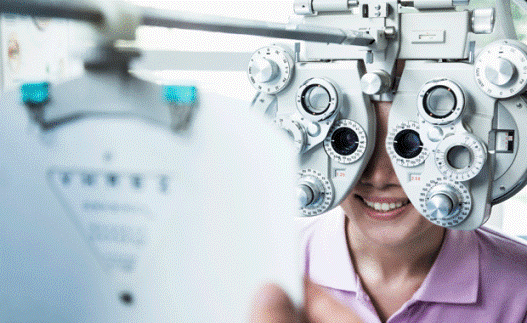Your eyes have never been perfect, but they’re far from awful. Sure, you’ve been wearing your current glasses for five years, but they get the job done. That being the case, you’re unclear on why you need annual eye exams. Even if your eyesight hasn’t gotten noticeably worse since your last exam, it’s important that you visit your ophthalmologist on a regular basis. If you’re still unclear on the importance of regular eye exams, take the following factors into account.
Ocular Disease Screening
In addition to keeping track of changes in your vision, regular eye exams are essential for ocular disease screening. When performing a routine exam, your ophthalmologist will check for signs of macular degeneration, cataracts, glaucoma and diabetic retinopathy.
Since many of these afflictions are relatively asymptomatic in their early stages, visiting an ophthalmologist is the only way to catch them when they’re still very treatable. Catching some of these diseases before they have a chance to become untreatable is liable to save your eyesight – and possibly your life.
Up-to-Date Glasses Prescriptions
Many eye-care professionals recommend that glasses-wearers update their prescriptions every other year, if not more often. Even if your current glasses appear to be fine, there may be some subtle changes in your vision you’re unaware of. For example, if your eyes have been feeling exceptionally strained or you’ve started suffering vision-related headaches, an out-of-date prescription may be the culprit. To ensure that you’re able to see comfortably – and to rule out anything serious – visit your ophthalmologist for a new glasses prescription at least once every two years.
Keeping Track of Existing Conditions
If you’ve been diagnosed with cataracts, glaucoma or any other prevalent ocular affliction, you’ll need to see your ophthalmologist on a regular basis – possibly even as often as every few months. This will enable him to keep track of how effective treatment has been and determine whether or not the condition has progressed. Failing to stay on top of these conditions is likely to result in macular degeneration and, in extreme cases, complete loss of eyesight.
If you have a family history of poor eyesight, it’s in your best interest to see an ophthalmologist at least once a year. To ensure that any potential ocular issues are caught and addressed in a timely manner, never miss an annual eye exam.
